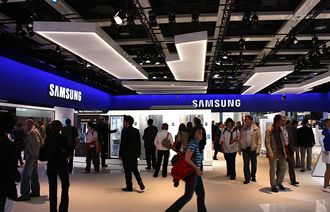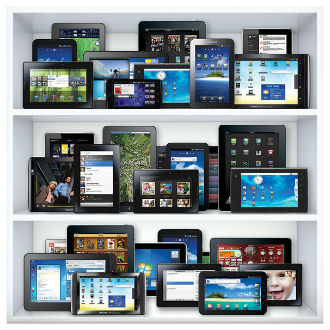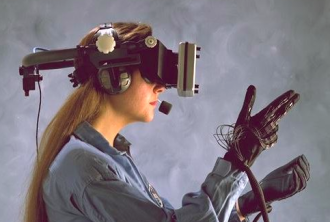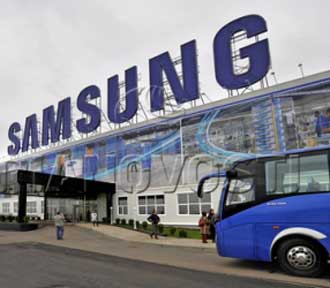 South Korea’s lead chaebol, Samsung Group, announced on Thursday that it has decided to freeze salaries for its executives next year in an attempt to reduce costs, the first time since the 2009 global financial crisis. The income of approximately 2,000 executives at the business group, which includes Samsung Electronics Co. will remain fixed throughout 2015. Incentive pay will continue and will depend on each division’s profit performance.
South Korea’s lead chaebol, Samsung Group, announced on Thursday that it has decided to freeze salaries for its executives next year in an attempt to reduce costs, the first time since the 2009 global financial crisis. The income of approximately 2,000 executives at the business group, which includes Samsung Electronics Co. will remain fixed throughout 2015. Incentive pay will continue and will depend on each division’s profit performance.
The main culprit for the corporate belt tightening is Samsung Electronics unit, which has seen consecutive quarterly earning falls as the company continues to lose market share to Apple and aggressive low cost Chinese rivals. Samsung Electronics has seen its market share drop 7.7% to 24.4% of the global market according to Gartner Inc. Meanwhile major Chinese brands including Huawei, Xiami and Lenovo expanded their global market share to 15.5% in the third quarter – up 4.1% year-on-year.
Samsung Electronics took other cost-saving reduction earlier in the year, which include executive travel in economy class on flights under 10 hour durations and encouraging employees to take vacations instead of receiving pay for unused time off.
Techeye Take
Samsung has been warning for some time now that the profitability of its mobile phone division would be under duress – in fact they earlier declared that the chaebol’s main profit centre would be the semiconductor division which has been reporting good results. The fact that all the group’s executives will share in the discomfort will not be lost on those deemed responsible for their lack of expected Korean management skills…,



















